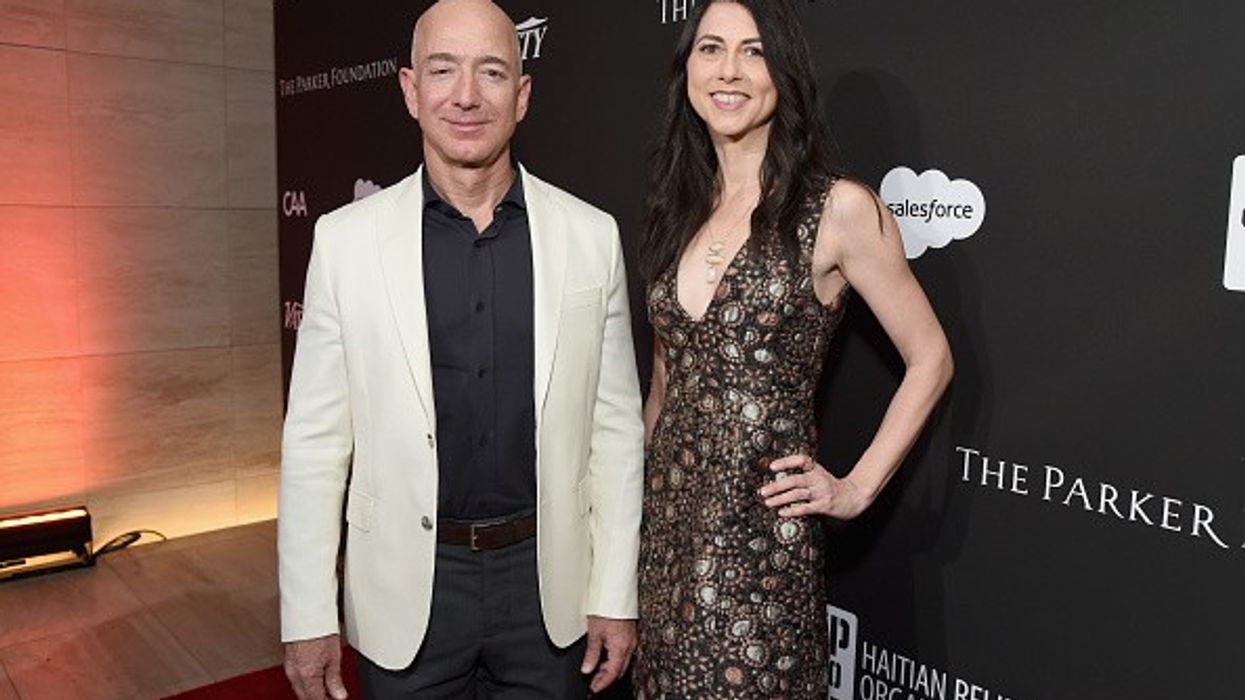COMMUNITY organisations in India helping underprivileged people are among projects that have received money from MacKenzie Scott, one of the world's wealthiest women.
Scott, who was once married to Amazon founder Jeff Bezos, on Tuesday (15) announced a new round of large charitable donations totalling $2.7 billion for educational, community and other non-profit organizations.
Among the recipients are Goonj, Give India, Jan Sahas and the Mann Deshi Foundation, which are all raising funds to tackle the second wave of Covid-19 infections in India, among other welfare projects.
"People struggling against inequities deserve centre stage in stories about the change they are creating," Scott wrote on Medium.
She added, “Discrimination against ethnic and religious minorities has been deepening, so we assessed organizations bridging divides through interfaith support and collaboration.
“We prioritized organizations with local teams, leaders of colour, and a specific focus on empowering women and girls.”
On its website, Goonj lists its initiatives such as providing women in rural India with employment opportunities, helping underprivileged children with textbooks and leading relief efforts after natural disasters such as flooding.
Give India is a platform helping raise money for Covid efforts, among several causes, including educating girls, alleviating hunger and helping the elderly.
Scott, who has pledged to give away the bulk of her fortune from her divorce settlement with Bezos, said in the blog post she was donating to "286 high-impact organizations in categories and communities that have been historically underfunded and overlooked".
Tuesday’s announcement marked the third round of big donations from Scott, whose fortune is estimated at some $59 bn and who previously gave some $6 bn to hundreds of groups and institutions.
Scott, who has eschewed the idea of creating a foundation and instead has relied on a team of advisers to identify grantees, said the effort is motivated by a desire to address growing inequalities.
She said she and her team "are all attempting to give away a fortune that was enabled by systems in need of change. In this effort, we are governed by a humbling belief that it would be better if disproportionate wealth were not concentrated in a small number of hands, and that the solutions are best designed and implemented by others."




